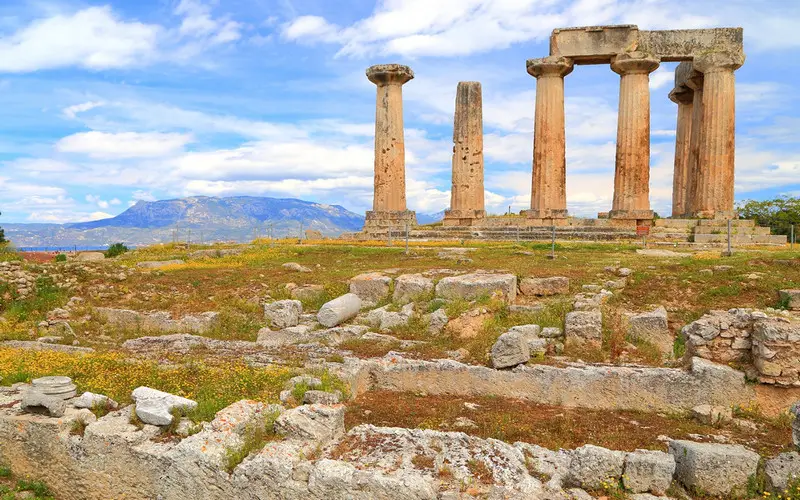Don’t Overlook Greek Etiquette

One of the first things to remember when in Greece is to familiarize yourself with the local etiquette. Greeks value politeness and respect in social interactions. Use “please” (parakaló) and “thank you” (efcharistó) when appropriate, and always greet with a friendly “kalimera” (good morning) or “kalispera” (good evening). Showing respect for the culture and language goes a long way.
Avoid Discussing Politics and Religion

It’s best to steer clear of discussing politics and religion, as these topics can be sensitive in Greece. The country has a complex political history, and opinions on these subjects can vary widely. Instead, engage in conversations about the rich history, mythology, and local traditions, which are more likely to be well-received.
Don’t Dress Inappropriately at Religious Sites

When visiting religious sites, such as Orthodox churches and monasteries, be mindful of your attire. Both men and women should cover their shoulders and knees. It’s a sign of respect, and failure to adhere to this dress code may result in denied entry. Carry a shawl or lightweight jacket to cover up when needed.
Never Wave with an Open Hand

An innocent wave with an open hand, known as the “mountza,” is a rude gesture in Greece. This hand signal is considered offensive and is used to insult someone. Instead, use the open palm facing down, as you would when waving goodbye.
Avoid Public Displays of Affection

While Greece is a romantic destination, public displays of affection are not typically appreciated. Kissing and hugging in public can be seen as inappropriate, especially in more conservative areas. It’s best to save such displays for more private settings.
Don’t Litter or Damage Ancient Sites

Greece is home to a wealth of ancient archaeological sites, and it’s crucial to treat them with respect. Do not litter, carve your name into monuments, or touch artifacts. Follow the rules and guidelines set by the authorities at these sites to help preserve them for future generations.
Don’t Haggle Aggressively

Bargaining at local markets is common, but don’t haggle aggressively or disrespectfully. Greeks appreciate polite negotiation, but excessive haggling can be seen as rude. When shopping for souvenirs or at local markets, approach the process with a friendly and respectful attitude.





















